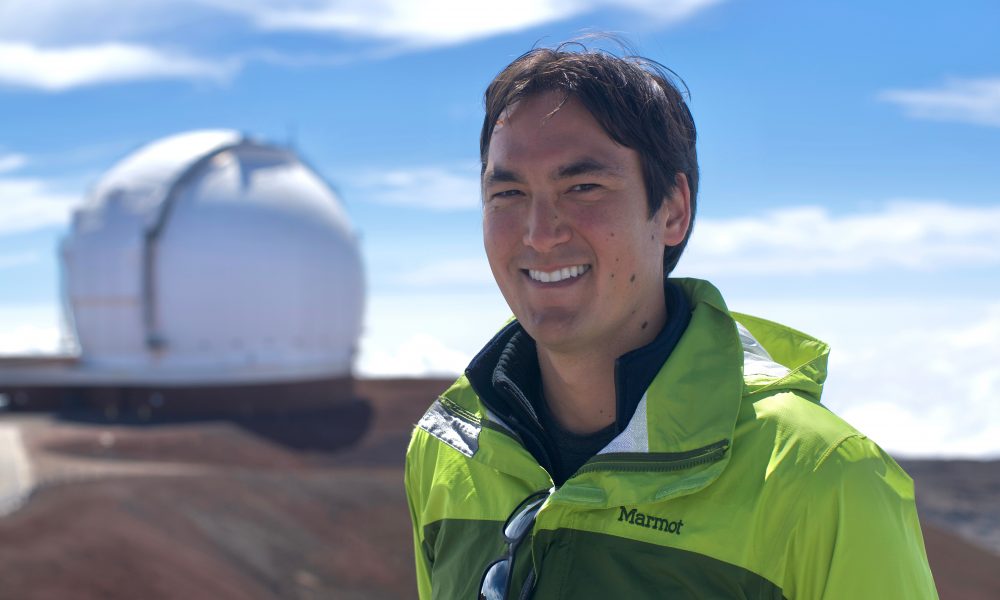

Today we’d like to introduce you to Erik Petigura.
Hi Erik, it’s an honor to have you on the platform. Thanks for taking the time to share your story with us – to start, maybe you can share some of your backstory with our readers.
I grew up in Palo Alto in the SF Bay Area. I got interested in science and astronomy, in particular, when I was about five years old. Carl Sagan was a big influence on me through his TV series Cosmos. I remember being awestruck with facts like “a neutron star weighs a mountain per teaspoonful” and that in “five billion years, the sun will die.” How could we possibly know these things? How did we figure it out? Science, to me, was how I could understand the world around me. From a very early age, I knew I wanted to be a scientist. Carl was my childhood hero, and it was my great dream to meet him. Sadly, he died when I was about nine.
After high school, I majored in physics and astronomy at UC Berkeley. I did my PhD at Berkeley and the University of Hawaii on the frequency of Earth-like planets discovered by the NASA’s Kepler mission. Turns out, they are extremely common, orbiting about one in five Sun-like stars. This result was a really life-affirming moment for me. When I was kid, immersed in astronomy books and shows, not a single exoplanet had been found around another star. I was a guest on a radio show explaining my thesis result, and they played me in with some audio of Sagan speculating about life on other Earth-like planets “peppered across space”. Hearing his voice on the other line helped me take stock of how far I’d come in realizing my dreams.
I moved to the Los Feliz neighborhood of Los Angeles in 2015 to do a postdoc at Caltech. I then moved to Culver City to start as a professor at UCLA in 2019, where I am today. These days, in addition to conducting my own research and writing papers, I advise junior astronomers and teach undergraduates.
Would you say it’s been a smooth road, and if not, what are some of the biggest challenges you’ve faced along the way?
All told I feel incredibly blessed to be where I am today. I had parents and several teachers who were supportive of my passions and created an environment where I could follow my interests. I feel grateful to and humbled by the physicists and astronomers who came before me. Many of my discoveries were enabled by telescopes that were designed before I was born. Newton was right: we stand on the shoulders of giants. And finally, my work is largely funded by the public through NASA and the University of California. While we live in an environment of perpetual funding shortages, I am still grateful to live in a society that considers it worthwhile to spend a bit of money learning about planets around other stars.
Some of the biggest struggles, especially in recent years, have come from balancing my family and professional life. During my first year as a professor at UCLA, my first child was born and was four months old when the Covid lockdowns happened in March 2020. I was scrambling to teach my first class on Zoom, apply for grants, and advise my students, all while dealing with the needs of an infant. My wife had a lot of Covid exposure through her job at Children’s Hospital Los Angeles and we didn’t feel comfortable exposing other family members, so a lot of his first year was just me and my son.
I remember shifting around his nap schedule so that he’d be asleep during my lectures.
If that failed, I learned how to rock him with my feet while I was lecturing on Zoom. Thinking back, I find it a little silly how hard I worked to try to project an air of normalcy to my students and colleagues. One island of sanity in my day was that at 5 pm, I would throw a bottle of milk and a can of beer into my backpack, load my son up on my bike, and bike down Ballona Creek to watch the sunset from Playa del Rey. I look back at those bike rides and sunsets with fondness now.
We had our second kid in 2023. He was premature and has had some health issues as a result of that. There have been many times in the past year when I’ve needed to just drop everything I’m doing at work to take care of him. It’s definitely sad to have to scale back my astronomy, but I’m trying to take a long view of things. Some of my colleagues are quite productive in their 60s and beyond. I foresee many decades of research ahead of me. My kids, by contrast, are only going to need me this intensely for a few years, and before too long, they’re going to want me to leave them alone.
Thanks – so, what else should our readers know about your work and what you’re currently focused on?
I’m an observational exoplanet astronomer, which means I use telescopes to study planets around other stars. One astonishing fact that gets me out of bed in the morning and sometimes keeps me up at night is that the majority of stars have a planet between the size of Earth and Neptune interior to Mercury’s orbit. The solar system has no planets of this size and no planets interior to Mercury’s orbit. So, the most common type of planet we know about is not represented in our solar system. Why are these planets so common? Why does our solar system lack super-Earth and sub-Neptune planets? I use ground- and space-based telescopes to find and characterize planets to try to answer these questions.
Over the years, I’ve tried to approach my research a bit more like an artist and less like an engineer satisfying requirements. There are exciting projects that tons of other people are also excited about, and this naturally leads to competitive races with other teams. While there is a certain excitement in racing another team and publishing first, I don’t have much heart for it anymore. What’s the point of pulling all-nighters to be the first to publish something that some other team will publish three weeks later? In my view, the important thing about scientific discovery is that it’s added to the encyclopedia of human knowledge; it’s of little consequence who makes the discovery. So, I’ve tried to spend more of my time on problems that I think other people will not work on or at least will not approach in my way.
Outside of astronomy, I play guitar in a band called the Seventh Season. We just released two albums this year, and you should check us out! For me, playing music is this great counterpoint to my research. When writing a scientific paper, you need to be sure that everything in there is correct and will stand the test of time. One develops a healthy paranoia that some dumb little error could lead to false result. In contrast, playing music is just so immediate and ephemeral. It’s about having a good time with the people who came out to see you that night, and when the show’s over, it’s over. If you miss a note, chances are, no one will notice it, and if you told them about it, they’d probably like it more that way than the way you practiced it.
Can you tell us more about what you were like growing up?
I guess I still feel like I’m growing up. One of the things I like about science is that you never stop asking questions. At some level, I still just feel like a kid trying to figure out how the world works.
I was a pretty precocious and enterprising young kid. I got my first job when I was twelve working at an aquarium store in Mountain View. Through cobbling together spare parts from the store, I built a 100-gallon reef tank by the time I was 13, which was pretty cool. Also turns out that the store was a front for a marijuana grow operation, which explained why my boss paid me out of a wad of 20s as thick as a cheeseburger.
In high school, I was a pretty studious kid, but I’ve never taken myself too seriously. I’m a goofy guy and love to joke around with my friends and make people laugh. I’ve also never been good at blending into the crowd and have never really wanted to, either. I’m a 6’5”, half-Asian, half-White dude. During my sophomore year, I was the only Asian kid on the soccer team and the only White kid on the badminton team.
While I was in college, I got into downhill skateboarding. It was a super fun way to get around Berkeley, which is on one big hill. I organized a few nighttime skate sessions with some other physics majors/skaters. Our logo was U = mgh, the equation for gravitational potential energy. I bought this bamboo longboard from Loaded Longboards in 2006, and it’s how I got around campus for four years. I remember watching these sweet skate videos made by Loaded in my dorm room.
After college, I took a pretty long hiatus from skating but got back into it during Covid. It was the perfect release from all the stress of 2020. Even eating shit and getting scrapped up wasn’t so bad because it took my mind off the anxiety of that year. I started re-watching some of my favorite videos from Loaded and realized they were all filmed in Culver City, where I live today. I’ve dropped in at their headquarters a few times to pick up some gear, and everyone who works there is super nice and passionate about what they do. Just want to give a shout-out to a great company that puts a ton of soul into the work they do.
Contact Info:
- Website: https://www.erikpetigura.com/
- Youtube: https://www.youtube.com/@TheSeventhSeason-mb8by
- Other: https://theseventhseason.band/
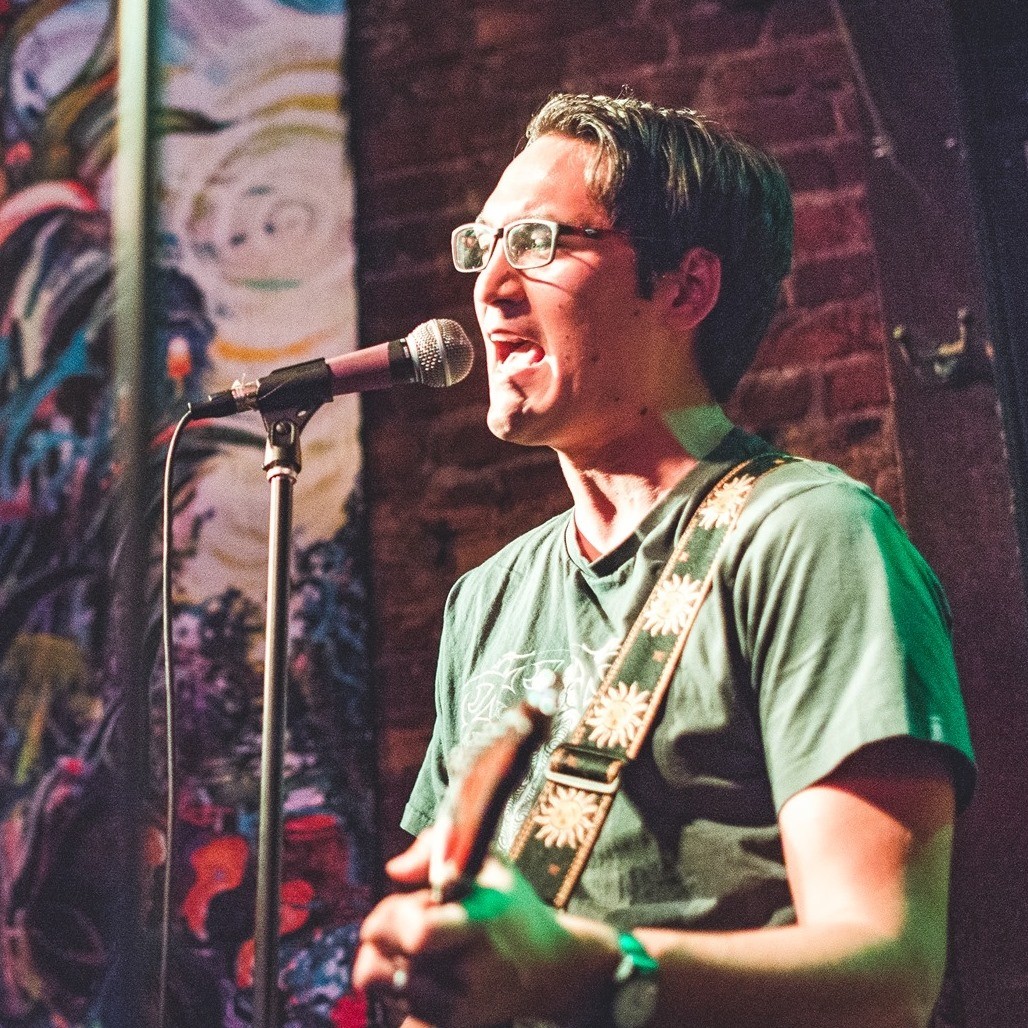
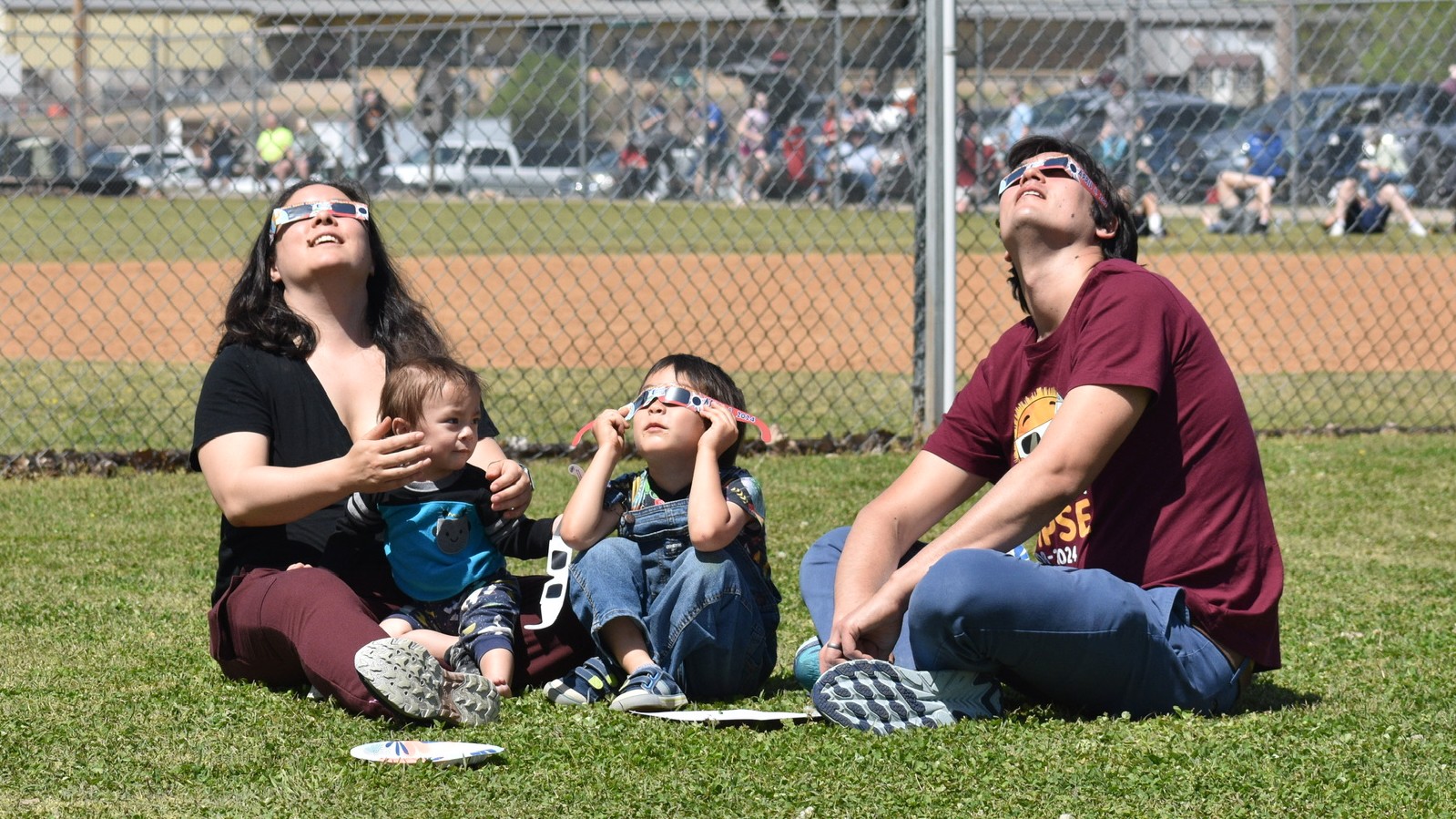
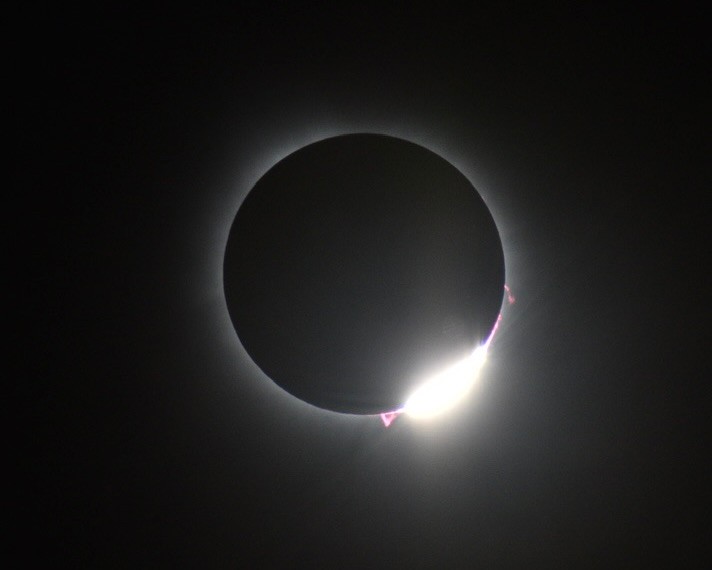
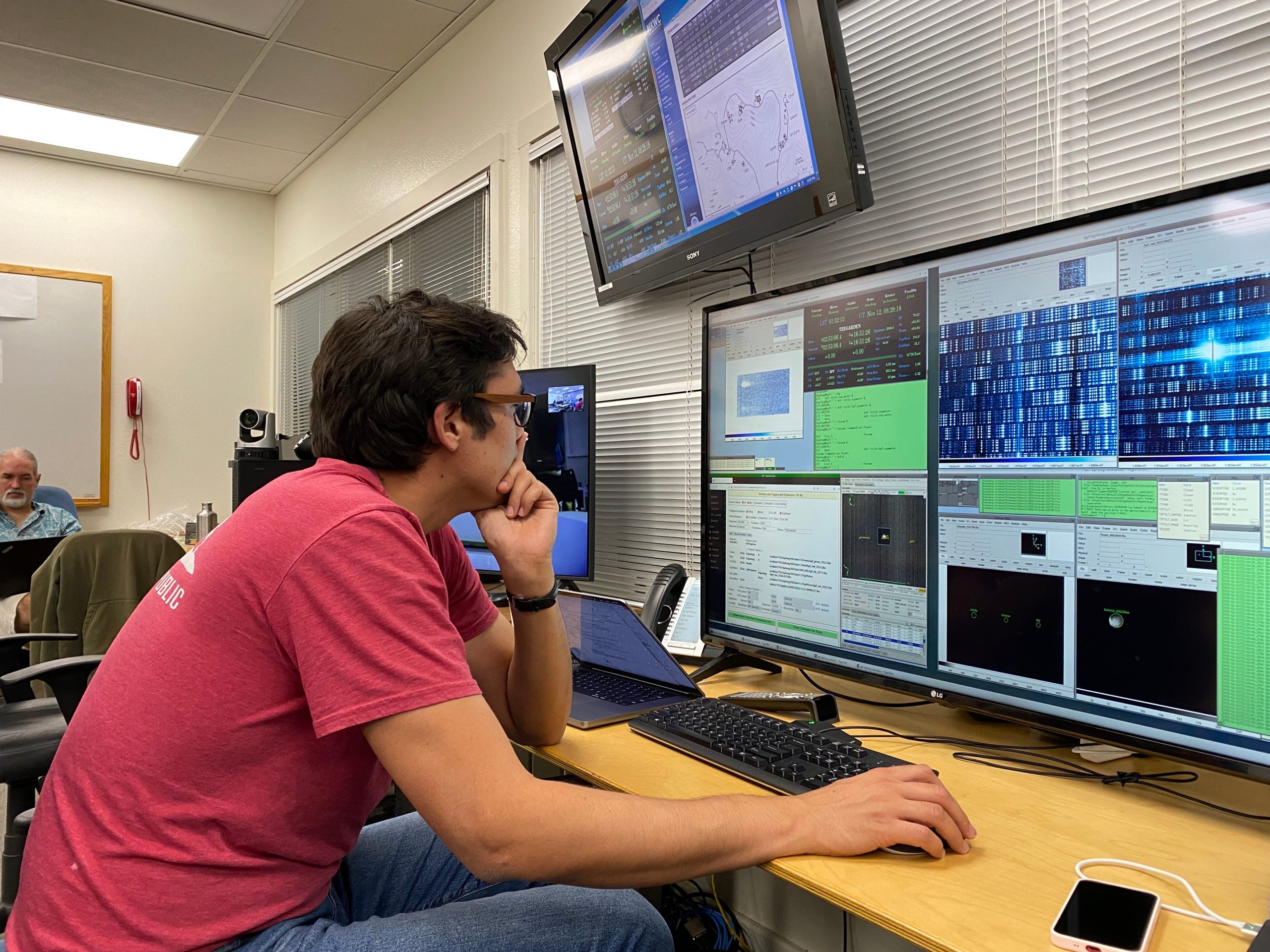
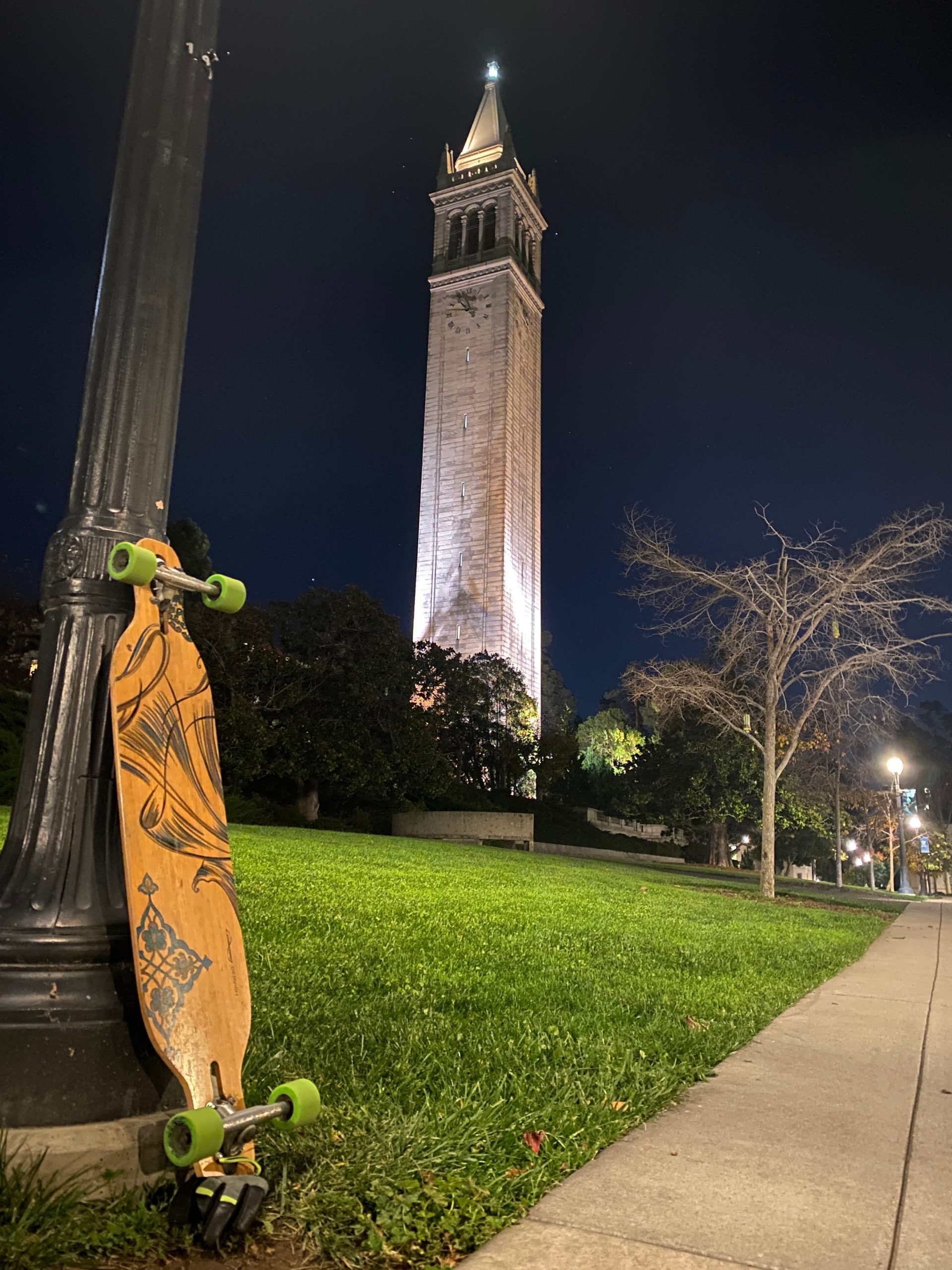
Image Credits
Grant Regen
Lauren Weiss
Xander Parisky
Mike Wong
Erik Petigura











